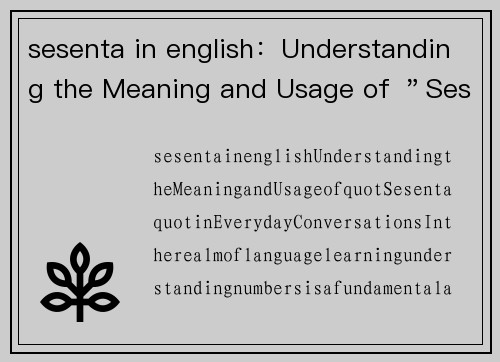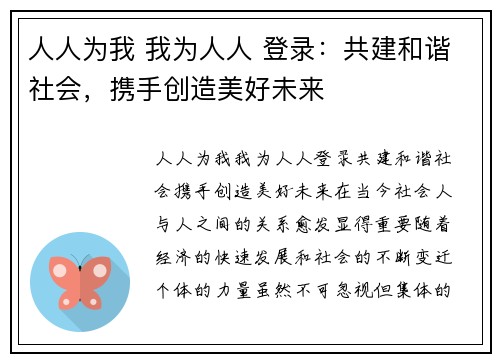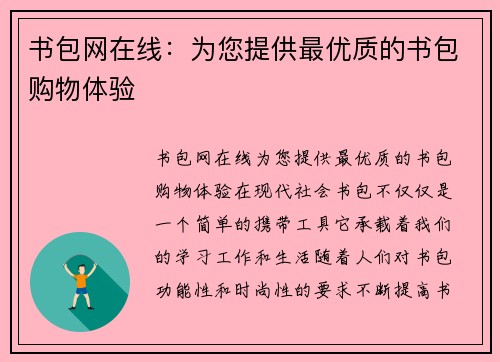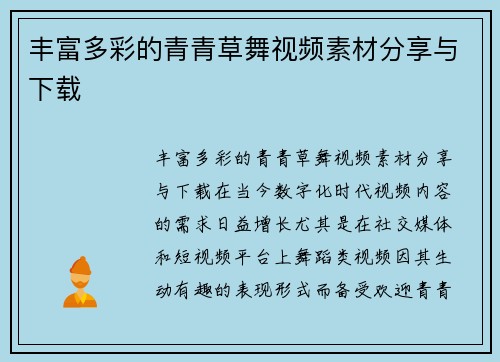sesenta in english:Understanding the Meaning and Usage of "Sesenta" in Everyday Conversations
sesenta in english: Understanding the Meaning and Usage of "Sesenta" in Everyday Conversations
In the realm of language learning, understanding numbers is a fundamental aspect that often goes overlooked. One such number that frequently appears in everyday conversations, especially in Spanish-speaking countries, is "sesenta." This article delves into the meaning and usage of "sesenta" in English, providing insights into its significance in various contexts and how it can enhance your conversational skills.
The Meaning of "Sesenta"
"Sesenta" is the Spanish word for sixty. It is derived from the Latin word "sexaginta," which also means sixty. Understanding this number is crucial for anyone learning Spanish, as it is commonly used in various situations, from counting to telling time, and even in expressing age. In English, "sesenta" translates directly to "sixty," and it holds the same numerical value.
Usage in Everyday Conversations
In everyday conversations, "sesenta" can be encountered in numerous contexts. For instance, when discussing age, one might say, "Tengo sesenta años," which translates to "I am sixty years old." This usage highlights the importance of numbers in expressing personal information. Additionally, "sesenta" can be used when talking about time, such as "Son las seis y sesenta," meaning "It is six sixty," which is another way of saying "It is seven o'clock."
Moreover, "sesenta" is often used in financial discussions. For example, when discussing prices, one might say, "El coche cuesta sesenta mil dólares," meaning "The car costs sixty thousand dollars." This illustrates how numbers are integral to everyday transactions and negotiations.
Cultural Significance of "Sesenta"
In many cultures, reaching the age of sixty is considered a significant milestone. In Hispanic cultures, this age often marks the transition into a new phase of life, sometimes celebrated with parties or special gatherings. Understanding the cultural significance of "sesenta" can enhance your appreciation of social interactions and traditions in Spanish-speaking communities.
Furthermore, the number sixty has various connotations in different contexts. For instance, in the realm of education, sixty percent is often the minimum passing grade in many academic institutions. Thus, knowing how to use "sesenta" correctly can be beneficial in both academic and professional settings.
Learning "Sesenta" in Context
To effectively learn and use "sesenta," it is essential to practice it in context. Engaging in conversations with native speakers or participating in language exchange programs can provide practical experience. For instance, you might ask someone, "¿Cuántos años tienes?" (How old are you?), and when they respond with "Tengo sesenta años," you can follow up with questions about their experiences or plans for the future.
Additionally, incorporating "sesenta" into your daily vocabulary can help reinforce your learning. Try to create sentences using the number in various contexts, such as discussing your favorite movies, sports, or even historical events that occurred around the year sixty.
Common Mistakes to Avoid
When learning to use "sesenta," there are common mistakes that learners often make. One such mistake is confusing "sesenta" with similar-sounding numbers. For example, "setenta" means seventy, and "cincuenta" means fifty. It is crucial to practice pronunciation and familiarize yourself with these distinctions to avoid misunderstandings.
Another common error is neglecting to use "sesenta" in its correct grammatical form. In Spanish, numbers must agree in gender and number with the nouns they modify. For instance, when referring to sixty books, one would say "sesenta libros," not "sesenta libro." Understanding these grammatical rules will enhance your fluency and confidence in using numbers in Spanish.
Expanding Your Vocabulary
To further enrich your vocabulary, consider learning related terms and phrases that incorporate "sesenta." For example, you might explore phrases like "sesenta por ciento" (sixty percent) or "sesenta minutos" (sixty minutes). This not only broadens your understanding of the number but also allows you to engage in more complex conversations.
Additionally, exploring idiomatic expressions that involve numbers can provide deeper insights into the language. For instance, in Spanish, one might say "estar en la flor de la vida a los sesenta," which translates to "to be in the prime of life at sixty." Such expressions can add color to your conversations and help you connect with native speakers on a more personal level.
Conclusion
In conclusion, understanding the meaning and usage of "sesenta" in English is a valuable skill for anyone learning Spanish. From its significance in everyday conversations to its cultural implications, mastering this number can enhance your communication abilities and deepen your appreciation for the language. By practicing in context, avoiding common mistakes, and expanding your vocabulary, you can confidently incorporate "sesenta" into your Spanish repertoire.
Frequently Asked Questions
What does "sesenta" mean in English?
- "Sesenta" translates to "sixty" in English.
How is "sesenta" used in conversations?
- It is commonly used to express age, time, and financial amounts.
What is the cultural significance of turning sixty?
- In many cultures, reaching sixty is seen as a significant milestone, often celebrated with gatherings.
What are some common mistakes when using "sesenta"?
- Confusing it with similar-sounding numbers like "setenta" (seventy) and not using it in the correct grammatical form.
How can I practice using "sesenta"?
- Engage in conversations with native speakers, create sentences, and participate in language exchange programs.
What are some related phrases to "sesenta"?

- Phrases like "sesenta por ciento" (sixty percent) and "sesenta minutos" (sixty minutes) are useful.
Why is it important to learn numbers in Spanish?
沈娜娜纤纤影视在线观看- Numbers are essential for everyday communication, including discussing age, time, and financial matters.




